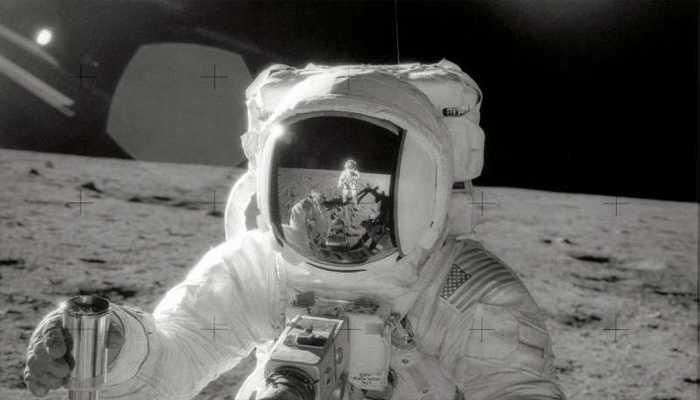The idea of going to space excites many, but the toll that life in space takes can be borne by only a few. Astronauts are superheroes. Indeed. You might be able to realize this after knowing the findings of new research that graphs the pain endured by astronauts while they are in space.
Researchers from the University of California, San Diego, assessed six astronauts who spent between four and six months on the International Space Station, and their findings revealed that astronauts grow taller during long space missions, lose important muscle mass, and also suffer from back pain.
Isn’t becoming taller good, though?
It might seem that gaining a few inches in height isn’t a bad thing, but changes to the spine are harmful and result in back pain and injuries. Muscles supporting the spine tend to shrink and do not return to normal for several weeks after returning to Earth.
Researchers found that the cross-sectional area of muscles that run along the spine, which helps support the spine and prevent misalignment, decreased by 19 percent after the astronauts stayed on the ISS. And only about two-thirds of this shrinkage recovers after a month or two of spending time on Earth.
This study, published in the journal Spine, mentions, “Paraspinal lean muscle mass, as indicated by the functional cross-sectional area (FCSA), decreased from 86% of the total paraspinal muscle (PSM) cross-sectional area down to 72%, immediately after the mission. Recovery of 68% of the post-flight loss occurred over the next 6 weeks, still leaving a significantly lower lean muscle fractional content compared to pre-flight values.”
Astronauts spend time in microgravity in space, where they do not depend on the spinal muscles to stabilize and support the body as they float weightlessly in space. Thus, muscles are prone to degeneration, which causes bones in the spine to straighten out and stiffen. This also explains why many astronauts suffer from back pain after traveling to the ISS.
These findings are going to help if humans want to go to Mars, and it means that astronauts might have to change their health and workout routine in space.
Source: Reuters & Others






